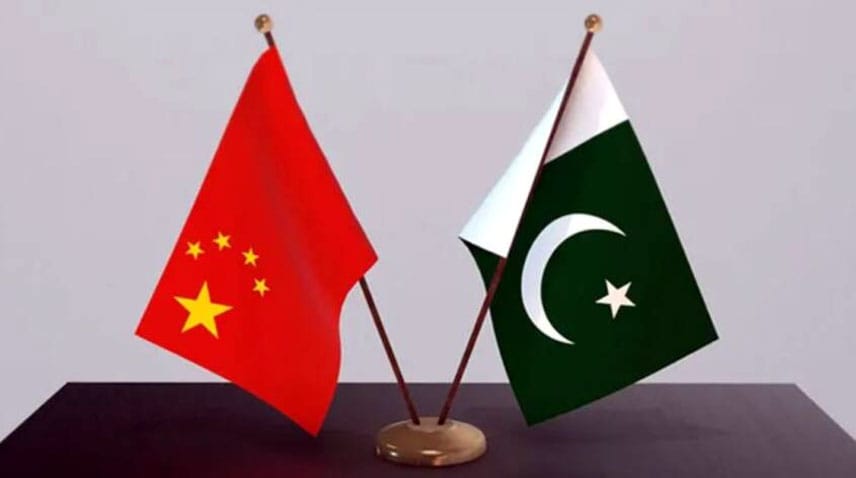China to Re-Lend $3.7 Billion to Pakistan in June to Support Foreign Reserves
In a major boost to Pakistan’s economic stability, China is set to re-lend approximately $3.7 billion to the country in June 2025, senior officials have confirmed. The move is expected to help maintain Pakistan’s foreign exchange reserves above $10 billion, ensuring a critical lifeline as Islamabad continues to navigate through fiscal challenges and balance of payments issues.
💴 Breakdown of the Financial Package
The $3.7 billion support includes both loan rollovers and new disbursements, with the majority of the lending now being denominated in Chinese Yuan (RMB) instead of US dollars. This marks a significant step in China’s growing preference for de-dollarized lending, particularly for strategic partners like Pakistan.
Key components of the package include:
🔁 $1.3 billion loan rollover from the Industrial and Commercial Bank of China (ICBC), originally repaid by Pakistan between March and April 2024 at a floating interest rate of approximately 7.5%.
📆 A $2.1 billion syndicated loan (RMB 15 billion) from a consortium of three Chinese banks:
China Development Bank (RMB 9 billion)
Bank of China (RMB 3 billion)
ICBC (RMB 3 billion)
This syndicated loan is set to mature in June, and Pakistani officials have indicated that the full amount will be repaid a few days before the due date with expectations of prompt refinancing in RMB.
🇨🇳 Strategic Shift: China Moves Away from Dollar Lending
This new round of support underlines China’s growing financial influence in South Asia and its intent to promote the Yuan as an alternative reserve currency. According to sources, the decision to avoid the US dollar in the upcoming transactions is entirely Beijing’s strategic choice, reflecting a broader push to internationalize the Yuan.
Chinese authorities have reportedly assured Pakistan that all loans maturing between March and June 2025 will be refinanced, ensuring liquidity in the short term and supporting stability in the foreign exchange market.
📊 Pakistan’s Foreign Exchange and Financing Outlook
Pakistan’s foreign exchange reserves have recently improved, reaching $11.4 billion in May 2025, largely due to a $1 billion disbursement from the International Monetary Fund (IMF). However, the road ahead remains challenging, with the Finance Ministry estimating over $25 billion in external financing needs for the upcoming fiscal year.
The breakdown of this requirement includes:
🔁 $12 billion in rollovers from friendly nations (China, Saudi Arabia, UAE)
🏗️ $4.6 billion in project financing
💵 $3.2 billion in refinancing of Chinese commercial loans
💼 $1 billion in new commercial loans from China
🛢️ $2 billion in deferred oil payments
🏦 $2 billion in IMF disbursements
The Economic Affairs Division will oversee nearly $20 billion of this financing, while the Finance Ministry and State Bank of Pakistan will handle loan rollovers and IMF-related inflows.
📌 Conclusion: A Lifeline with Long-Term Implications
The upcoming $3.7 billion re-lending by China offers Pakistan short-term breathing space and foreign exchange stability. However, it also highlights the country’s deepening reliance on bilateral partners and underscores the urgency of structural economic reforms to reduce dependency on external borrowing.
As Pakistan heads into a critical fiscal period, the partnership with China—not just as a geopolitical ally but also as a financial backer—continues to shape the nation’s economic trajectory.
















